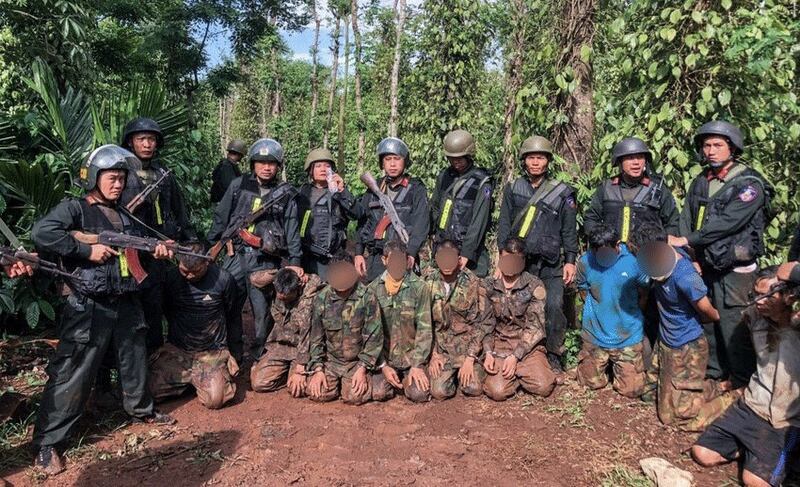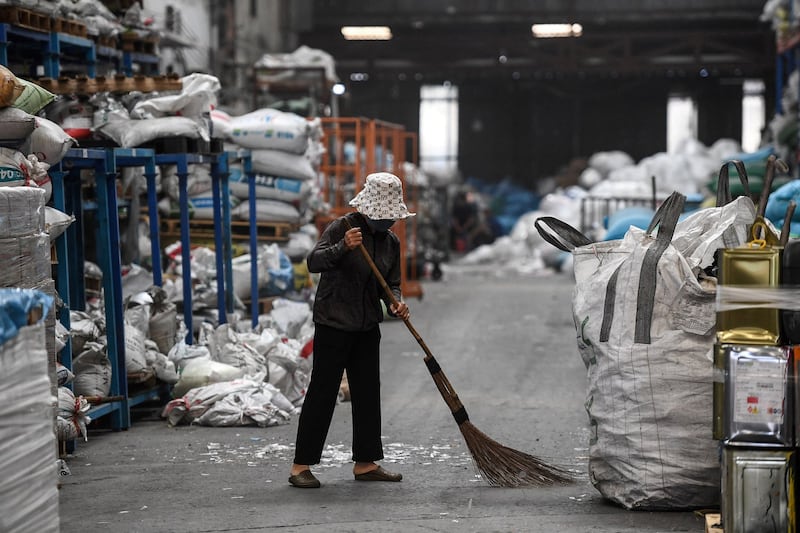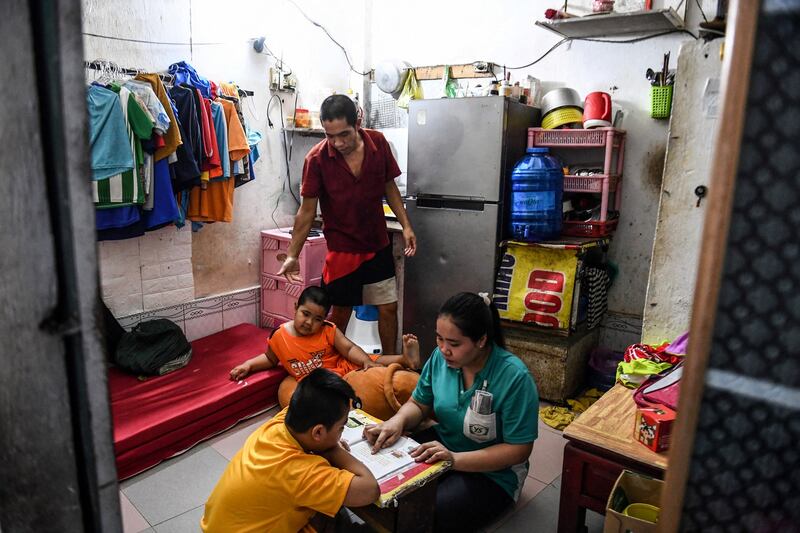If Vietnamese officials seem preoccupied, it’s because they are.
Normal court cases of land activists or independent journalists or influencers who are arrested for "abusing their democratic freedoms" with a post on Facebook proceed. A widely read online news portal was suspended for three months for failing to adhere to editorial guidance – that is failing to effectively self-censor. This follows the recent spate of arrests of environmentalists, including Hoang Thi Minh Hong, the latest in harassment of civil society that included campaigns against defense lawyers. There were procurement schemes that took down the leadership of the coast guard.
There have been more exceptional scandals, such as the ongoing court proceedings against some 54 individuals for the Covid-19 repatriation flight scandal. Over $7 million in bribes were paid in a scandal that brought down senior aides to two deputy prime ministers, a deputy foreign minister, and a swath of senior diplomats, gravely tarnishing the elite, but once respected, diplomatic corps. Of the defendants,18 of the 54 could face the death penalty. Clearly Hanoi is trying to send a clear signal to the public that it’s taking the case seriously.
Of course, the recent unrest in the Central Highlands which has led to the arrest of some 84 Montagnard hill tribesmen, after a few years of calm in a region that has seen mass immigration of the majority ethnic Kinh and changes in the local political-economy.

The government has been quick, as authoritarian regimes tend to do, to attribute the violence to external actors, without offering much proof. But that the regime had to deploy extra security forces as well as the Vietnamese People's Army, and rely on harsh new counter-terrorism laws, speaks of the regime's profound insecurity.
Underlying all of this insecurity is unusual anxiety over the economy.
This may strike some as odd. After all, there seems to be nothing but good news on the economic front. Vietnam attracted $22 billion in foreign direct investment in 2022. Its economy grew at 8.02 percent in 2022, and is still likely to grow robustly this year, though below the 6.5 percent target. No country has been a bigger beneficiary of Western industrial economies decoupling from China than Vietnam.
Signs of trouble
But if one digs deeper, signs of trouble abound , beginning with GDP growth of 3.3 percent in the first quarter -- half of the target.
Exports fell sharply this year. With all that foreign investment in manufacturing, Vietnam is now very vulnerable to externalities. The global recession is taking its toll, and Vietnam, which is also part of the China supply chain, has seen exports fall by 13 percent in the first quarter and industrial production contracted 1.8 percent.
Since late 2022, there have been mass layoffs in factories across the country. In the first quarter of 2023 alone, 149,000 people lost their jobs, up 13 percent year-on-year. Exports to the EU and the United States fell by 60 and 40 percent, respectively.
And though the country has a basic social safety net, researchers have found that workers are being forced to prematurely dip in.

What is more destabilizing than poverty is a sharp decline after years of growth, which pulls the floor out from the new and aspirational middle class.
The “Blazing Furnace” anti-corruption drive had its own impact on the economy, as government bureaucrats were loath to approve anything, for fear of being ensnared. Nothing got approved.
Top government interlocutors with the business community, including President Nguyen Xuan Phuc and Deputy Prime Ministers Vu Duc Dam and Pham Binh Minh, were purged.
Even local governments were reluctant to spend the funds that they had been allocated. In March 2023, Prime Minister Pham Minh Chinh had to issue a directive for governments to spend their budgets. The economic engine of the country, Ho Chi Minh City, was only on track to spend 46 percent of its $3 billion fiscal year 2023 budget by July.
Gloom breeds more crackdowns
Soaring temperatures, especially in the north of the country, earlier than normal, over-taxed the country’s electric grid, causing regular brownouts. In June, local officials demanded industrial parks outside Hanoi halve their electricity consumption.
Some of the country’s national champion firms are also in for a rough ride, raising concerns about being too big to fail and the issues of moral hazard. It also raises questions of how the government could afford to intervene.
But the real concern is in Vietnam's housing property sector. Last year saw the arrest of senior executives of multiple property firms for pump and dump stock manipulation or fraud in their bond issuances. Then last October, the CEO and three other managers of the largest property firm Van Thinh Phat were arrested, causing a bank run.
All of that led to a credit crunch, with property firms unable to raise money in the commercial bond market. Though credit has eased, it’s still tight, leaving a lot of firms unable to finish projects or service existing debt. Some $10.7 billion in debt matures in the real estate sector alone this year, 45 percent of which – $4.8 billion – is vulnerable to default. Major property firms, such as Vinhomes and Novaland, have all shed shares, assets, or been forced to sell off other parts of their conglomerate.
The government now knows that moving too aggressively on property developers can cause bank runs, as all of the big real-estate firms have affiliated banks. The government used censorship of social media to avert a full bank run. It could add liquidity and guarantee deposits at Siam Commercial Bank, but few have confidence in the government's ability to respond firmly or quickly enough if there was a multi-bank run.

The middle class is feeling particularly hard hit. Property prices are down and real-estate is where most in the middle class invest. Those that put their money in the stock market, saw Vietnam's two bourses amongst the worst performing in the world in 2022, though they have recovered slightly in 2023. And of course Vietnam has had its own battle with inflation. Though not astronomical, coupled with years of flat wages, the urban middle class is feeling the pinch.
There’s hope that the economy will pick up steam in the second half of 2023, but the growth targets seem too optimistic, and the country is more vulnerable to downturns in the global economy, which it has no control over. If the global recession continues, more layoffs and economic contraction are inevitable.
So while all the normal things that make the government in Hanoi paranoid are still going on, the fragility of the economy is exacerbating those fears. More people will be asking questions about government leadership and policy, which will only result in more crackdowns.
Zachary Abuza is a professor at the National War College in Washington and an adjunct at Georgetown University. The views expressed here are his own and do not reflect the position of the U.S. Department of Defense, the National War College, Georgetown University or Radio Free Asia.

